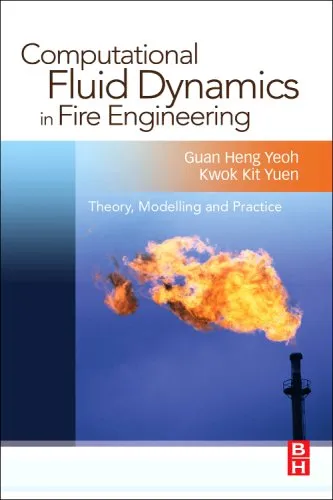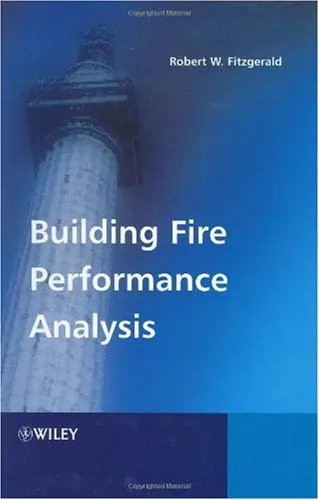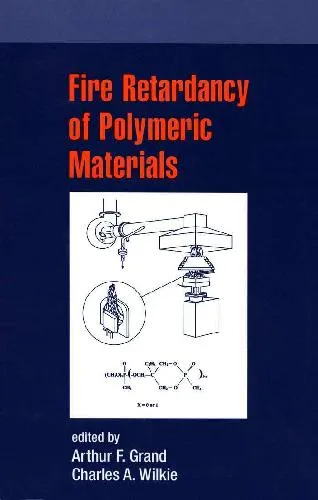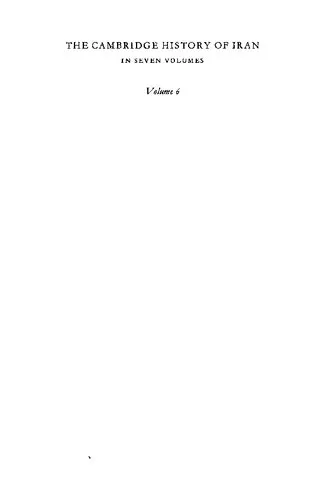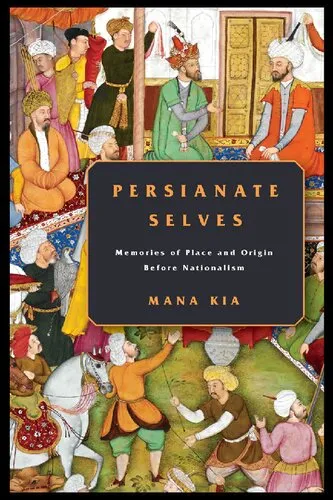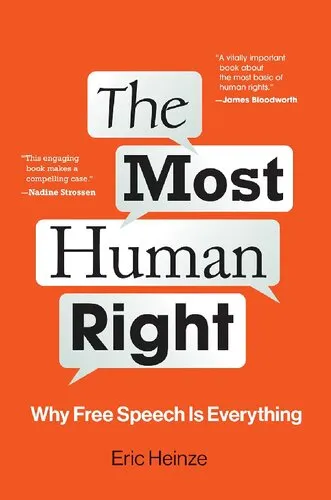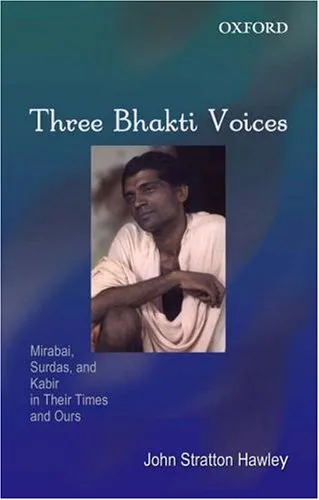Michigan Law Review
4.6
Reviews from our users

You Can Ask your questions from this book's AI after Login
Each download or ask from book AI costs 2 points. To earn more free points, please visit the Points Guide Page and complete some valuable actions.Related Refrences:
Analytical Summary
The work titled Michigan Law Reviewpp.554—614 stands as a meticulously argued and well-structured contribution to the sphere of advanced legal scholarship. Authored with precision and clarity, it addresses nuanced points of constitutional analysis and doctrinal critique that are of vital importance to serious readers, scholars, and practitioners. The text navigates complex arguments with a balance of theoretical framework and practical implications, making it indispensable for those seeking authoritative insight into the specific legal questions it addresses.
While the exact publication year is information unavailable due to no reliable public source, the analysis remains timeless in its relevance. The work speaks to foundational legal principles while engaging directly with contemporary debates—demonstrating the enduring nature of the questions it raises. With its roots in the respected pages of the Michigan Law Review, the section spanning pp.554—614 exemplifies the journal's well-established tradition of intellectual rigor.
Through close reading and logical articulation, the author dissects statutory language, examines judicial reasoning, and interrogates interpretive methodologies. This careful parsing invites the reader to reconsider assumptions and to engage deeply with both precedent and policy considerations. Such depth ensures that the work has enduring value not only as a historical or doctrinal artifact but also as an active participant in ongoing scholarly dialogue.
Key Takeaways
Readers of Michigan Law Reviewpp.554—614 will come away with a sharpened understanding of legal doctrine and its interpretation, as well as a reinforced appreciation for the interplay between judicial reasoning and broader societal impact.
One of the central takeaways is the importance of framing legal arguments within both the evidentiary record and the broader landscape of constitutional values. The text emphasizes methodological transparency and a fidelity to principle over expedient outcomes. This disciplined approach allows readers to distinguish between persuasive authority and binding precedent with greater acuity.
Another significant insight lies in recognizing how the law evolves through the interaction of academic critique and judicial response. By situating its arguments within this cycle, the work underscores the role that rigorous scholarship plays in shaping legal norms.
Memorable Quotes
"The vitality of constitutional interpretation lies not in its rigidity, but in its responsive engagement with changing societal contexts." Unknown
"Legal reasoning must remain transparent, lest the authority of the judiciary erode into mere assertion." Unknown
"Scholarly critique is not mere commentary; it is an active force in shaping the trajectory of the law." Unknown
Why This Book Matters
Michigan Law Reviewpp.554—614 matters because it deepens the conversation about law not just as a set of enacted rules, but as a living institution continually interpreted and reinterpreted through both judicial and scholarly lenses.
For academics, it serves as a case study in how to marshal complex legal authorities into coherent, compelling argument. For practitioners, it demonstrates that doctrinal mastery must be accompanied by a principled analytical framework. And for policymakers, it offers an example of how sophisticated legal debate can illuminate the implications of legislative and judicial choices for the public good.
Its inclusion within the Michigan Law Review signals to readers that the piece meets high standards of scholarship, peer evaluation, and intellectual engagement. Consequently, it is a fertile resource for citation, teaching, and as a keystone in advanced legal research.
Inspiring Conclusion
In conclusion, Michigan Law Reviewpp.554—614 offers an enduring contribution to legal scholarship that both challenges and rewards its readers. It invites careful study, reflective discussion, and the integration of its insights into ongoing legal debates.
Whether you are an academic refining your analytical toolkit, a professional engaging with complex judicial opinions, or an informed citizen seeking deeper understanding of constitutional law, this work has the depth and clarity to enrich your perspective. The deliberative tone and methodical reasoning modeled here encourage responsible engagement with legal norms—an essential endeavor in any robust democratic society.
Your next step is clear: read, share, and discuss this section of the Michigan Law Review with colleagues, students, and peers. By doing so, you help sustain the vibrant exchange of ideas and ensure that the intellectual legacy of works like Michigan Law Reviewpp.554—614 continues to inform and inspire future generations.
Free Direct Download
You Can Download this book after Login
Accessing books through legal platforms and public libraries not only supports the rights of authors and publishers but also contributes to the sustainability of reading culture. Before downloading, please take a moment to consider these options.
Find this book on other platforms:
WorldCat helps you find books in libraries worldwide.
See ratings, reviews, and discussions on Goodreads.
Find and buy rare or used books on AbeBooks.
1013
بازدید4.6
امتیاز50
نظر98%
رضایتReviews:
4.6
Based on 0 users review
"کیفیت چاپ عالی بود، خیلی راضیام"
Questions & Answers
Ask questions about this book or help others by answering
No questions yet. Be the first to ask!


